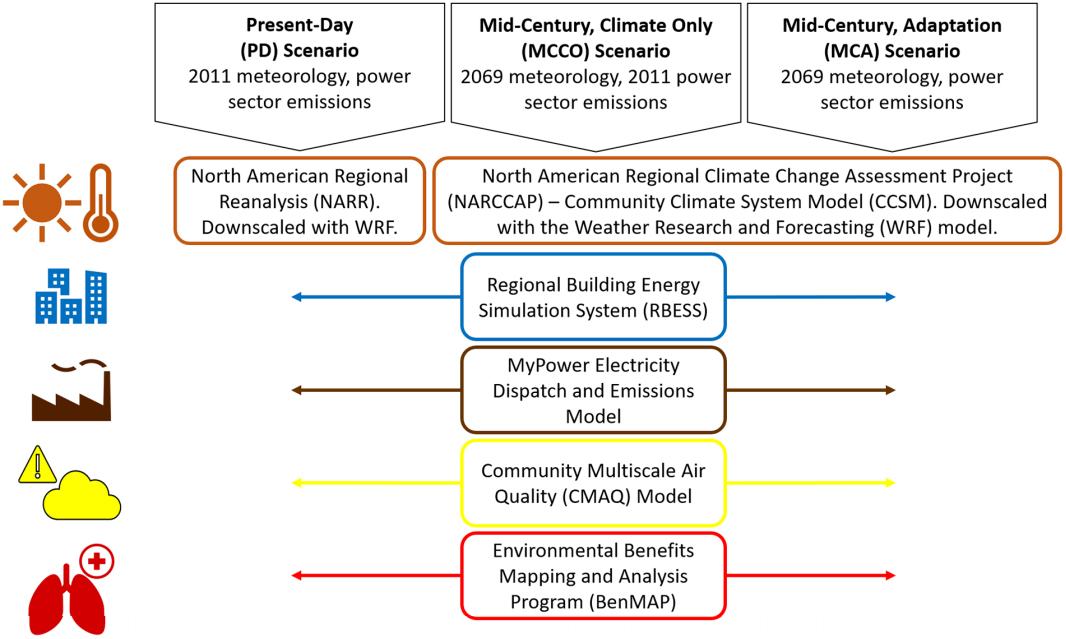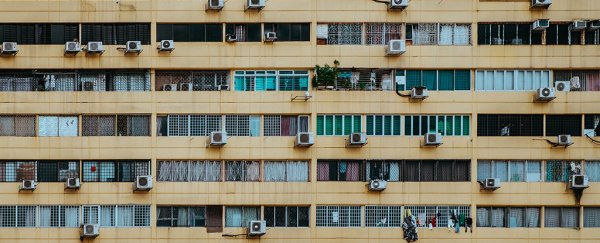As the world warms up, millions of us turn up the air conditioning, and that dependence on cooling technology could be causing hundreds of deaths by 2050.
That's the conclusion of researchers studying the impact of air con that relies on coal, gas, and oil for its power. More power for more cold air means more polluting particulate matter in the sky – and that means additional deaths.
By the middle of the century we could be talking about an average of 654 more deaths every year in the US from increases in particulate matter, plus 315 more deaths from higher ozone levels.
"Air conditioning saves lives from heat waves, but if the electricity to run air conditioners requires coal-fired power plants, then we have a problem," one of the team, Jonathan Patz from the University of Wisconsin-Madison, told Yessenia Funes at Earther.
The solution is to seek out cleaner energy sources, and to improve energy efficiency, say the researchers – as well as limiting levels of climate change in the first place.
 The models used in the study. (Abel et al)
The models used in the study. (Abel et al)
To get an estimate of how bad the problem could get, researchers used numerical models to predict increases in energy use and the resulting pollution from power stations.
The models covered everything from how much of a global temperature increase we might see over the next 30 years, to how well buildings would cope with the changing climate. The final figures may be estimates, but they're still worth considering.
For example, the researchers worked out that a 3.5-degree Celsius (6.3-degree Fahrenheit) summer temperature increase results in an average jump in building energy demand of nearly 30 percent.
With previous research suggesting energy demand from air con could triple by 2050, with temperatures rising and developing nations getting connected to the grid, we're going to see a lot of strain put on the system.
If that means gas, coal, and oil use goes up, so will levels of air pollution. Particulate matter, which can be little dots of dust or soot, or tiny liquid droplets, increase as a result. And that's known to have an impact on human health.
Even when you can't see the increased air pollution, it can still be responsible for early deaths: aggravating heart or lung problems, making conditions like asthma worse, causing deterioration in the respiratory and circulatory systems, and so on.
The aim of the research isn't to put you off using the air con entirely – the tech can indeed save lives in heatwave situations – but the study authors want to see improvements at every stage: how often we need to turn these units on, how efficient they are, and the sources they're powered from.
Ultimately, hundreds of lives a year in the US alone could depend on it, and that means we need to keep up the momentum behind renewable energy. The researchers are hopeful the landscape might look quite different by 2050.
"Getting to clean energy can happen quite quickly," Patz told Earther.
The research has been published in PLOS Medicine.
